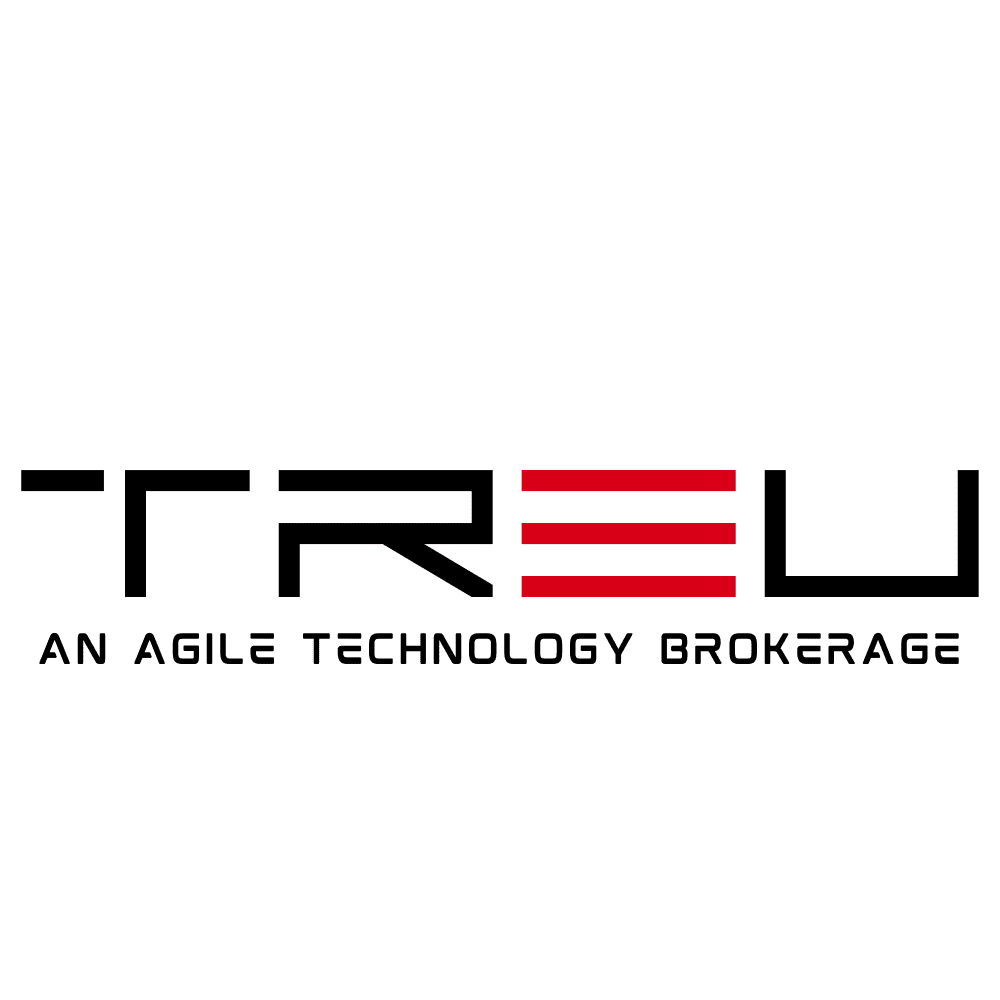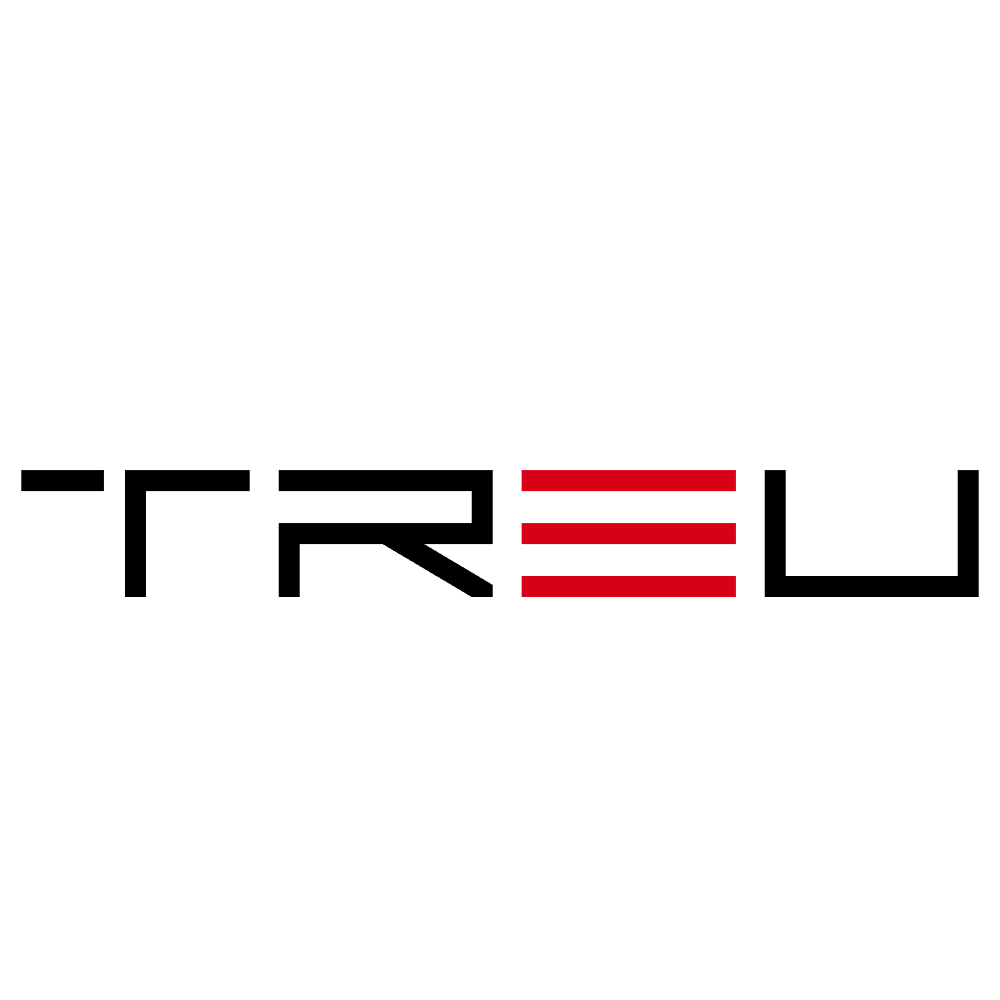Legal-tech Highlights: Baker McKenzie’s CIO and Akin Gump’s AI Law Tracker
The legal-tech landscape continues to evolve rapidly, providing transformative tools and leadership announcements that are reshaping how law firms and legal professionals operate. Recently, industry leaders Baker McKenzie and Akin Gump Strauss Hauer & Feld have made significant moves that highlight the growing importance of technological innovation in the legal sector. From strategic leadership changes to groundbreaking AI tools, here’s a comprehensive rundown of what’s happening in the legal-tech world.
—
Baker McKenzie Appoints a New CIO: Driving Innovation from the Helm
Baker McKenzie, one of the largest and most influential law firms in the world, has taken another bold step toward embracing cutting-edge technologies in legal practice. The firm recently announced the appointment of a new Chief Information Officer (CIO), marking a pivotal moment in its commitment to digital transformation and efficiency.
Why the CIO Appointment Matters
The role of a Chief Information Officer in a major law firm is no longer limited to managing IT systems. With the increasing digitization of legal services, the CIO has emerged as a key player in driving innovation and ensuring that technology is integrated seamlessly into everyday processes. At Baker McKenzie, the newly appointed CIO will focus on:
- Overhauling legacy systems to ensure streamlined workflows.
- Developing cybersecurity measures to protect sensitive client data.
- Implementing state-of-the-art technologies like artificial intelligence and machine learning for legal research and e-discovery.
- Improving collaboration and operation across the firm’s 70+ offices worldwide.
This focus underlines Baker McKenzie’s dedication to staying ahead of the curve in a sector where tech-savvy competitors are quickly becoming the norm.
What to Watch For: The new CIO is expected to unveil initiatives that will not only modernize the firm’s internal processes but also enhance client service delivery. As the legal sector continues to lean into technology, this leadership change signals that Baker McKenzie is committed to maintaining its competitive edge.
—
Akin Gump’s AI Law Tracker: Monitoring the Evolution of Artificial Intelligence Regulation
While leadership changes at major firms steal headlines, major technological innovations like the AI Law Tracker from Akin Gump Strauss Hauer & Feld are making waves in the legal-tech space. In an era where AI adoption is advancing at an unprecedented pace, regulations surrounding AI use have become one of the fastest-evolving areas of law. To address this challenge, Akin Gump has launched a cutting-edge tool designed to monitor and analyze the regulatory environment for artificial intelligence.
What Is the AI Law Tracker?
The AI Law Tracker is an industry-first tool aimed at helping law firms, businesses, and policy experts navigate the complex and ever-changing world of AI legislation. This tool is designed to track ongoing developments in AI regulation on a global scale to ensure that clients remain compliant and informed.
Key Features of the AI Law Tracker include:
- Real-time updates on AI-related policies and regulations, categorized by jurisdiction.
- Summaries of recent legislative proposals, enforcement actions, and case law.
- Customizable alerts to inform users about changes that may directly impact their business operations.
- Comprehensive tracking of ethical and privacy considerations related to AI implementation.
Akin Gump’s AI Law Tracker is particularly valuable at a time when industries across the board are grappling with the uncertainties of AI usage. Whether it’s the ethical implications of AI decision-making or compliance with data privacy laws, this tool ensures that clients can preemptively address risks and stay on top of regulatory developments.
Why It Matters
As more industries integrate AI into their business processes, regulators around the world are racing to catch up. The legal sector is no exception. By launching the AI Law Tracker, Akin Gump demonstrates its awareness of the pressing need for AI governance while offering its clients a powerful resource to navigate AI’s legal implications.
The Broader Implications: Tools like these underscore the growing role that AI-powered solutions are playing in the practice of law. As firms like Akin Gump lead the charge, clients are likely to expect similar innovative approaches from other law firms, too.
The Broader Legal-tech Landscape: Trends Driving Transformation
Both Baker McKenzie and Akin Gump’s initiatives are part of a much larger trend. Legal-tech is no longer just an accessory to legal practice—it has become a driving force in how the legal field operates and serves clients. Forward-thinking firms recognize the value of using technology to increase efficiency, improve decision-making, and deliver better client outcomes.
Here are some overarching trends that these announcements exemplify:
1. Leadership Focused on Digital Excellence
- Modern law firms are increasingly placing tech-savvy leaders in pivotal roles, such as CIOs, CDOs (Chief Digital Officers), and innovation specialists.
– Leaders in these positions are tasked with implementing tools that not only make legal processes faster but also improve collaboration among team members and clients.
AI as a Key Player in Legal Services
- From AI-enabled research tools to automated contract review systems, artificial intelligence is spearheading numerous legal-tech innovations.
- Tools like Akin Gump’s AI Law Tracker are just the tip of the iceberg—expect to see more bespoke AI solutions tackling regulatory compliance, litigation prediction, and document analysis.
3. Cybersecurity and Data Privacy
- With firms like Baker McKenzie operating on a global scale, ensuring robust cybersecurity measures to protect client and firm data is critical.
- Legal-tech innovation often incorporates powerful encryption, firewalls, and analytical tools to identify and mitigate potential data breaches.
4. Adoption of Collaborative Technologies
- Post-pandemic shifts in workplace culture have emphasized the importance of collaboration tools, such as secure video conferencing, document sharing platforms, and virtual deal rooms.
- These systems allow legal teams to stay connected and efficient, especially in the world of hybrid work.
Looking Ahead: What These Updates Mean for Legal-tech
The developments at Baker McKenzie and Akin Gump highlight the increasing importance of forward-thinking strategies and technological investments in the legal sector. Whether it’s appointing visionary leaders or leveraging cutting-edge AI tools, law firms that embrace innovation are better positioned to thrive in today’s competitive and fast-evolving legal landscape.
For legal professionals, the ongoing shift toward embracing legal-tech is a double-edged sword. On one hand, it creates new opportunities to improve service delivery, mitigate risks, and streamline operations. On the other, it raises expectations among clients who are growing accustomed to faster, smarter, and more tailored solutions.
Conclusion: Legal-tech as the Catalyst for Change
The appointments and innovations at Baker McKenzie and Akin Gump are signs of broader transformations within the legal field. As firms invest in leadership and technology, they are redefining traditional legal practice and preparing for a future where innovation is not optional, but essential.
Legal professionals and firms must keep an eye on these trends to remain competitive in an industry where technology is reshaping everything—from governance to client engagement.
With tools like Akin Gump’s AI Law Tracker and leaders like Baker McKenzie’s new CIO paving the way, the future of law looks bright, tech-driven, and more efficient than ever before. The question is: Are you ready to embrace it?

